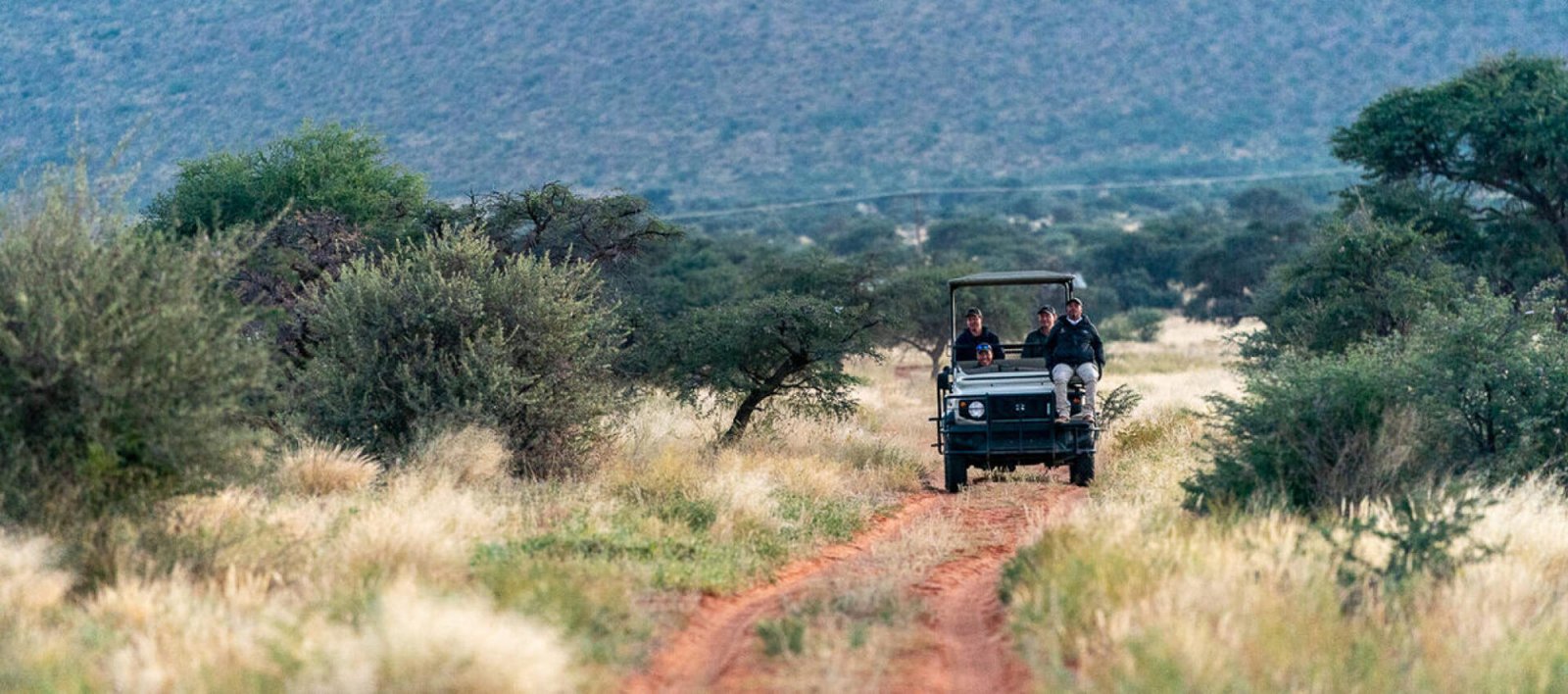The concept of safari in Africa is undergoing a transformative shift towards “soft tourism,” moving away from the traditional pursuit of big game viewing to a more sustainable and environmentally conscious approach. This change is driven by a growing awareness of ecological concerns and a desire among tourists to experience nature without causing harm. Younger safari enthusiasts are particularly keen on selecting operators based on their ecological credentials, demanding more than just wildlife sightings.
Pioneering this shift, South Africa has become a leader in eco-safaris. Many safari companies are actively investing in environmental projects, fighting against poaching, and striving to offset their carbon emissions. This new wave of tourism emphasizes eco-friendly accommodations, such as the Loapi Tented Camp in Tswalu, which is built with local materials and powered by solar energy. Similarly, Singita’s lodges in Kruger National Park showcase sustainable architecture that minimizes environmental impact.
The trend extends beyond physical infrastructure to encompass broader conservation efforts. Tswalu, a massive reserve, has achieved a carbon-positive status by offsetting more emissions than it generates. This commitment to sustainability is echoed by other eco-lodges, which calculate the energy and water consumption of each guest and invest in various climate projects.
The introduction of electric mobility in safari operations, like the solar-powered vehicles at Cheetah Plains, marks another significant step in reducing the carbon footprint of safaris. These vehicles not only minimize exhaust emissions but also enhance the safari experience with their quiet operation, allowing guests to immerse themselves in the natural sounds of the wilderness.
In line with the evolving demands of environmentally conscious travelers, safari operators are increasingly focusing on foot, horseback, or bicycle safaris. These options offer a more intimate and authentic experience of the wilderness, relying on the expertise of experienced rangers for safety.
The shift towards eco-safaris represents a departure from the profit-driven focus of the past, with tourists now prioritizing climate considerations when choosing their safari experiences. Notable examples like Londolozi Lodge reinvest a significant portion of their revenue in conservation efforts, demonstrating a commitment to sustainable tourism.
Overall, eco-safaris in Africa embody a balanced approach to wildlife exploration, where the thrill of encountering majestic animals is coupled with a profound respect for the environment and a commitment to preserving the natural world for future generations.
READ MORE:
